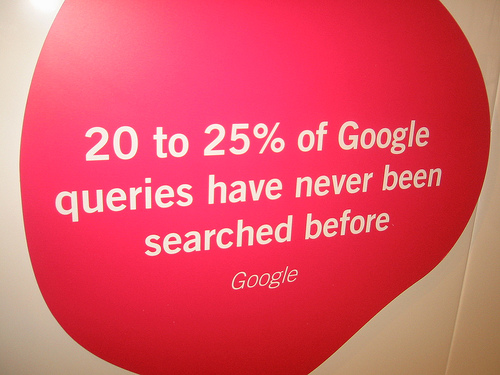Keywords are what drives search results. Google, Bing and all of the other search engines are directories as well as search engines. They collect and organize data so that those of us who are using their respective search interfaces can easily locate an answer or solution. Keywords or key-search-terms or phrases are the key to finding an accurate answer. Hence the name. It’s important to note that the search engines are FAR more interested in our success in finding accurate answers than they are in our success in ranking our respective websites.
Once keywords are selected they need to become a KEY part of your website located in designated areas the the search engines will crawl in order to start to determine the relevance, rank, reputation and authority of your website. The frequency with which keywords appear on a given page on your site is called “keyword density”. You want to maintain around 5-10 percent keyword density otherwise it could be considered “stuffing” and will hurt your website’s rank, reputation and authority.
So, this sounds pretty straight forward so far, right? It is very important to research the terms or phrases you think people are using to find you. Do some searches and see if your competition comes up on SERP. If they do, you could be on the right track. Ask your customers and your family how they search for insurance products. It’s always a good idea to speak with people who are unencumbered by insurance nomenclature because people generally don’t use industry buzz words, like personal lines, to search for home and auto insurance. There are no short cuts for researching keywords. It’s time consuming and fairly tedious. The best place to start your research is Google Adwords’ keyword tool. Its important to remember that 20-25% of all searches are brand new so there is no history.
There are short-tail keywords, think “insurance quotes”, or “auto insurance”, which are considered broad definitions and are usually highly competitive. Competition is determined by how much someone is willing to pay in a pay-per-click (PPC) environment. When you search “insurance quotes”, for example, you’ll see some of the biggest names in the business show up in paid search and organic search. When you see the largest players in the market, that is a good indicator that you are dealing with a competitive keyword.
There are also long-tail keywords, think “business insurance Poughkeepsie”, that can even the playing field for a local agent since many people search for a local solution and there is a limit to how many keywords someone can optimize for…even for the largest companies. Adding specific geographic descriptions to your keywords is also a great way to qualify your leads. Remember there are several iterations of keywords that include reversing words, adding plurals and using abbreviations. You can optimize your site on-page for as many variations of a word as you can think of, but you need to choose the ones with which you have the best chance of success for your external link-building and content marketing efforts. This is an imporant step in insurance internet marketing. Take your time and do it right. Next time we’ll talk about the steps involved in building a website.

